Of late, and quite by chance, I’ve been doing a number of books that in some way or the other brought in the component of ‘dreams’. Antonio’s Lucky Day, A Letter for Amy, Across the Stream, are some of the books that have made dreams the focus of discussion at many different times and in many different classes.
These discussions have never been boring or unoriginal; the responses have always been nothing short of refreshing. It’s wonderful to hear the enthusiasm, the excitement, and the hopefulness with which kids talk about their dreams.
“Tell me…what are some of the things you dream about…” In every class, I’ve gotten the response ‘CID’ from some child or the other.
In some of the younger classes in Mae dos Pobres, I was happy to see that the children’s dreams were simple, and radiated happiness. ‘I had a happy dream about a happy day.’ ‘I had a funny dream about a rainy day!’
There are many who say doctors. Many engineers. A number of police. 2 (as far as memory serves) Air Force Pilots. And 1 angel.
The responses show variance in some of the schools. Each reflecting what may be a trend within the population of that specific student body.
In SSBHS, the responses were mostly based on professions. ‘Teacher! Main desh ka raksha karna chahta hoon!” “Teacher, main Teacher banoongi!” Doctor! Lawyer! Engineer!
In STGPS, we moved from professions; fashion designer, professor, principal and the likes to travelling the world. “Teacher, I want to go to London.” “Teacher, I want to see the snow in Switzerland!” and “Teacher, I want to go to the beach this Sunday.”
KMS was a different story. Here, the kids wrote down things like “I want to grow up and be a good boy.” “I want to be a singer.” “I want to be an airhostess.” 1 child told me that she wanted to be a ‘pari’ (fairy). Another said that he wished to become a good son to his mother. Ofcourse there were judges, lawyers, engineers and the like here too.
All this led me to thinking. Dreams are, in part, that which fuel us. They excite us. They propel us to move, to achieve.
And there’s the moment in the real world when I step into a classroom. The here and now, where children are struggling with reading. Where children are unable to write at grade appropriate level. Where they struggle to put simple thoughts into this language that is the supposed golden ticket to some dreams coming true.
How are we failing these children? I will refrain from asking the why of it’s existence; so I’ll just ask where the gap exists. How do we bridge it? How much more can we do? What lies in the future for these kids? Will their dreams come true?
It was John F. Kennedy who once said; ‘Let us think of education as the means of developing our greatest abilities, because in each of us there is a private hope and dream which, fulfilled, can be translated into benefit for everyone and greater strength for our nation.’
They let me into the world of their private hopes and dreams; their happy places. It is mine that their dreams will someday be realities.
And that is what we are working towards.
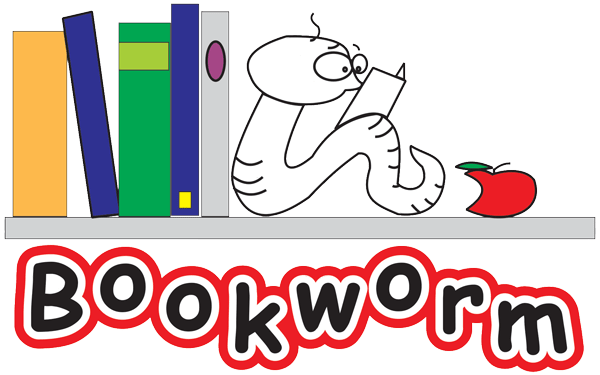
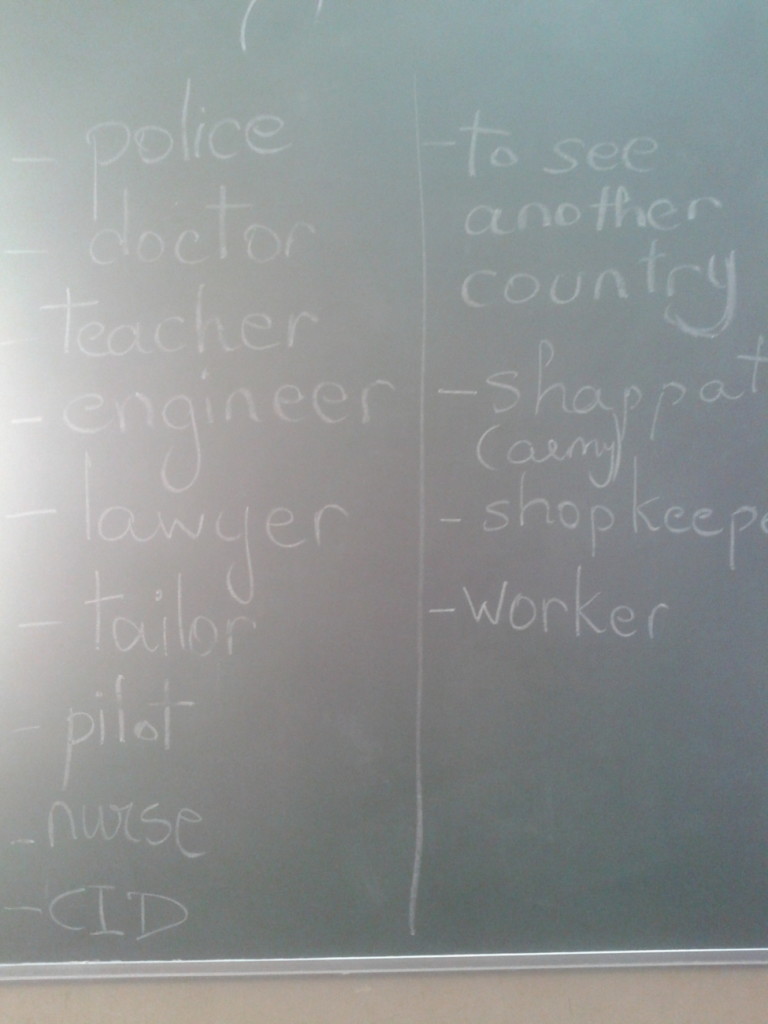
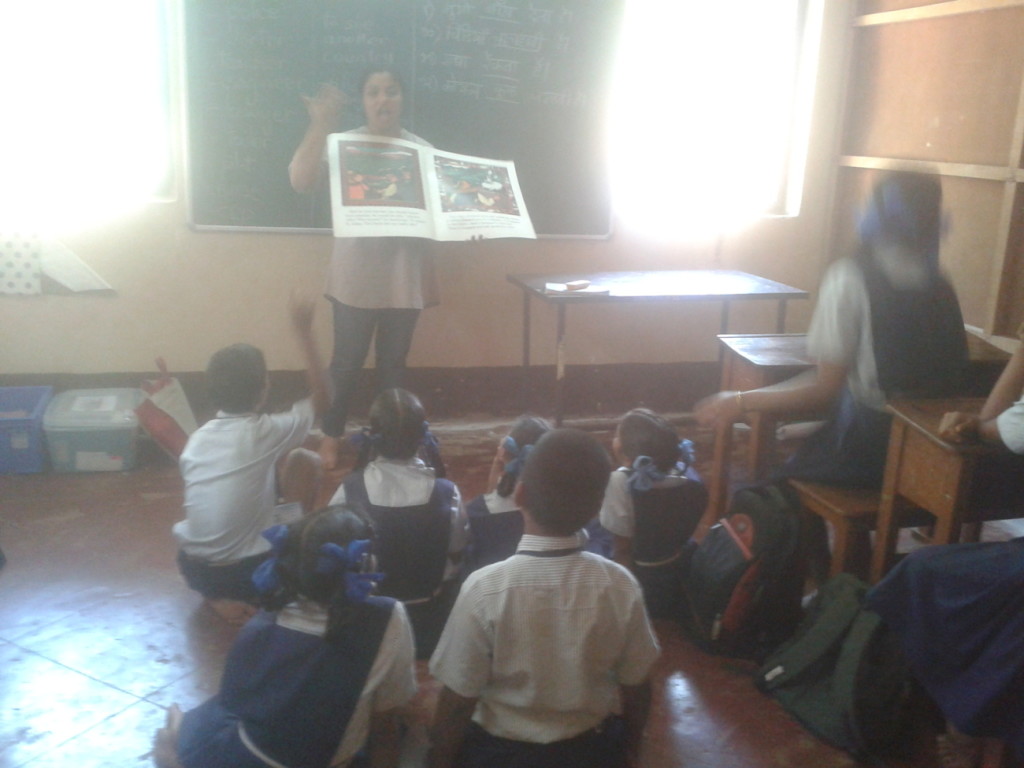
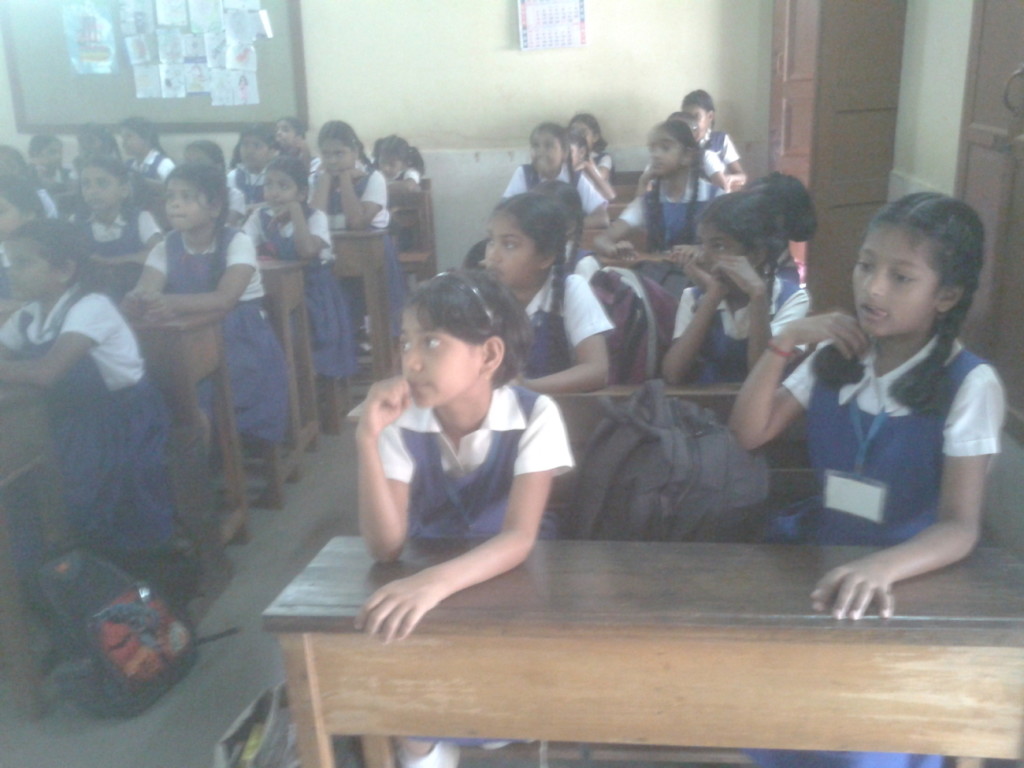
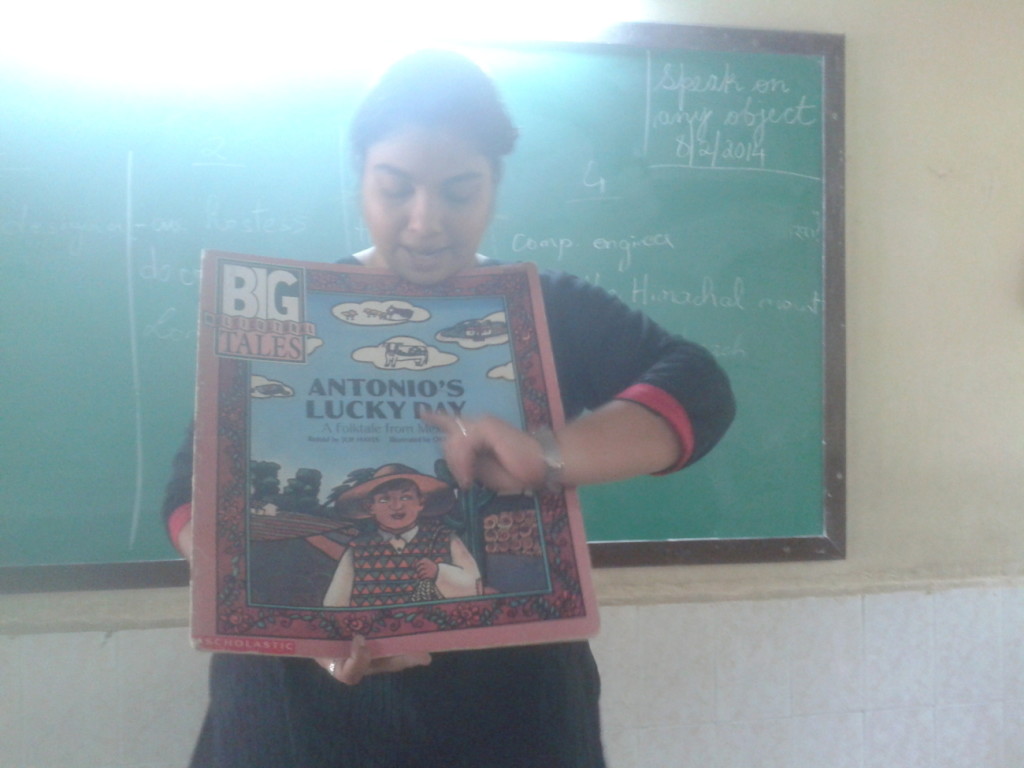
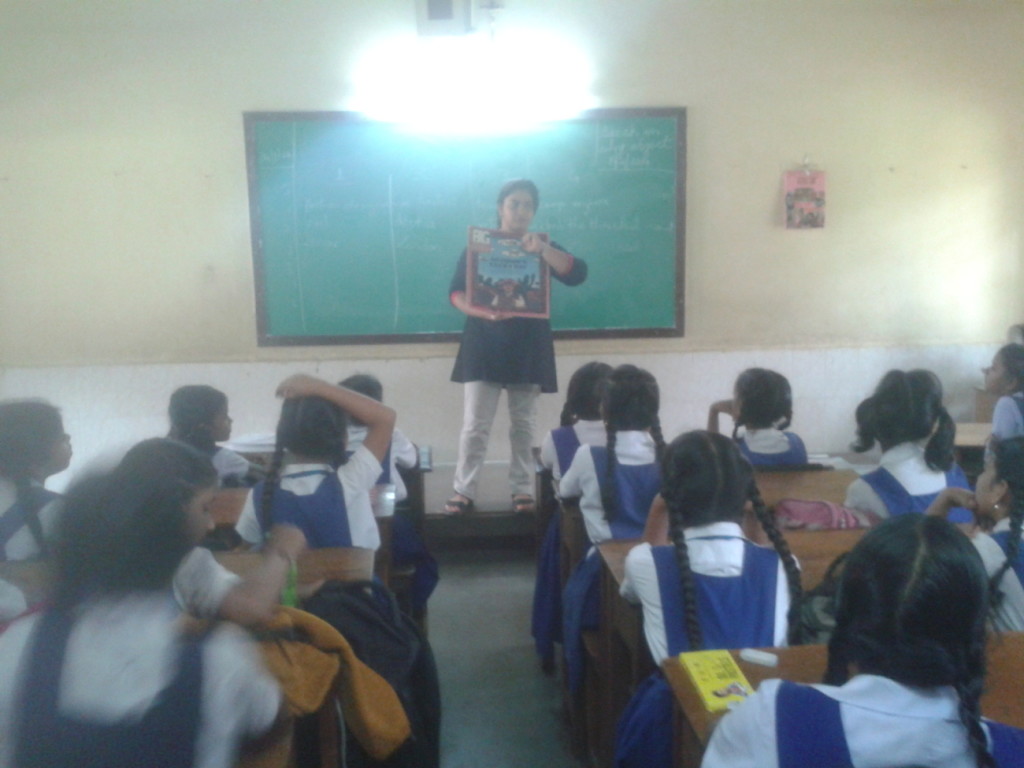
This is beautiful.
It makes me feel hopeful for the future. There is something to be said about the sheer innocence and purity in the way children express their thoughts and dreams.
I was asked as a child too, about my dreams. I remember wanting to be a number of things. That never changed.
Thank you so much for this post. Inspiring and warm.
I absolutely agree with you about the innocence and hope with which children share their worlds with us Boshika…. It’s wonderful!
I think that stories have a magical power to help bring those thoughts to the real world…..